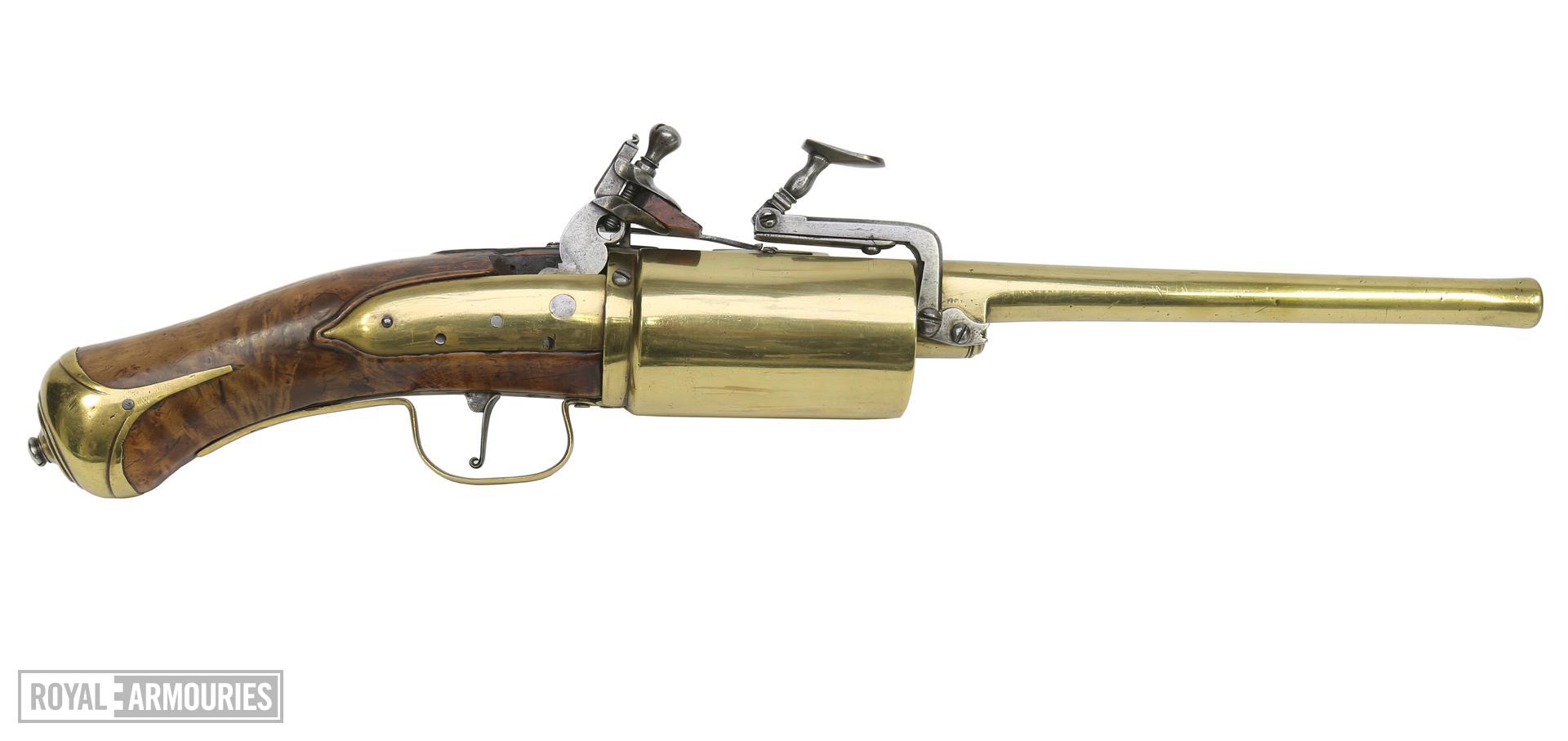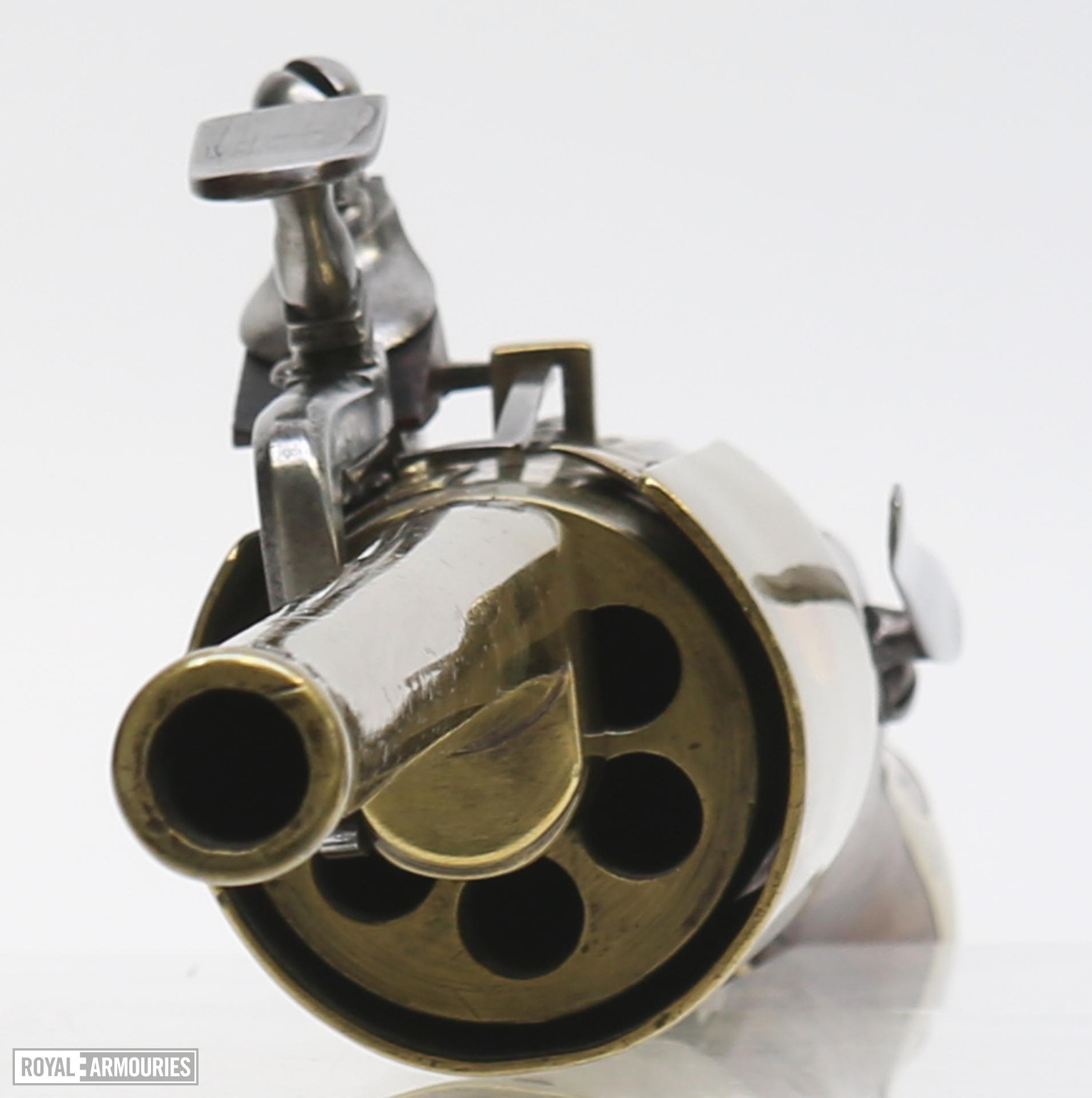The Armed Gay Agenda
245 readers
79 users here now
A place for LGBTQ+ gun owners & LGBTQ+ people with firearms questions.
Join our discord! https://discord.com/invite/tpTxUHpbaA
founded 1 year ago
MODERATORS
26
27
28
29
30
31
32
33
34
35
36
37
38
39
40
41
42
43
44
45
46
47
48
49
50














